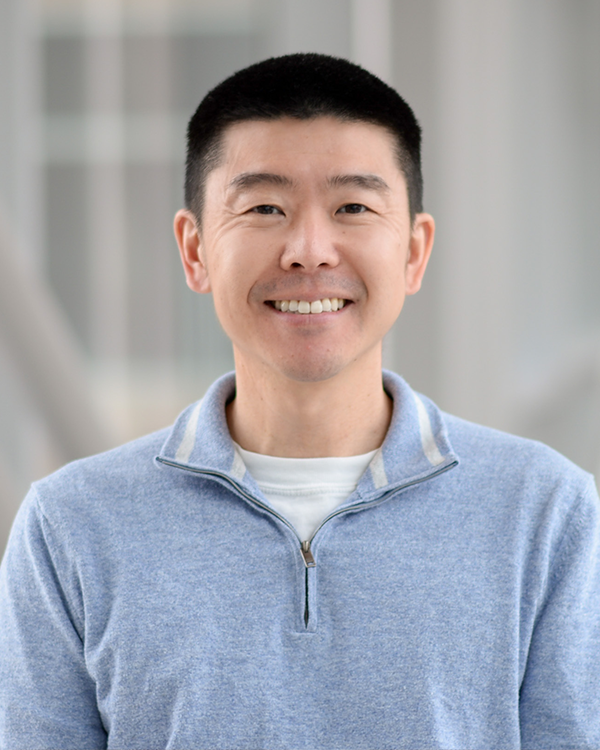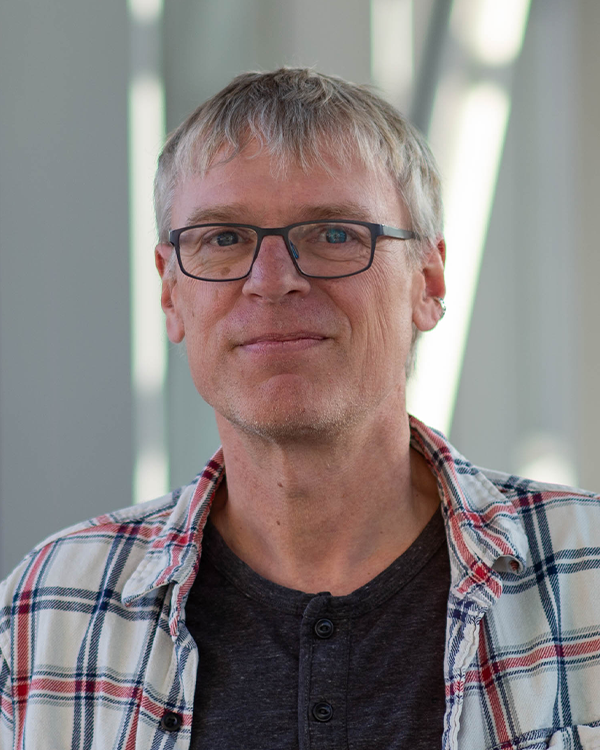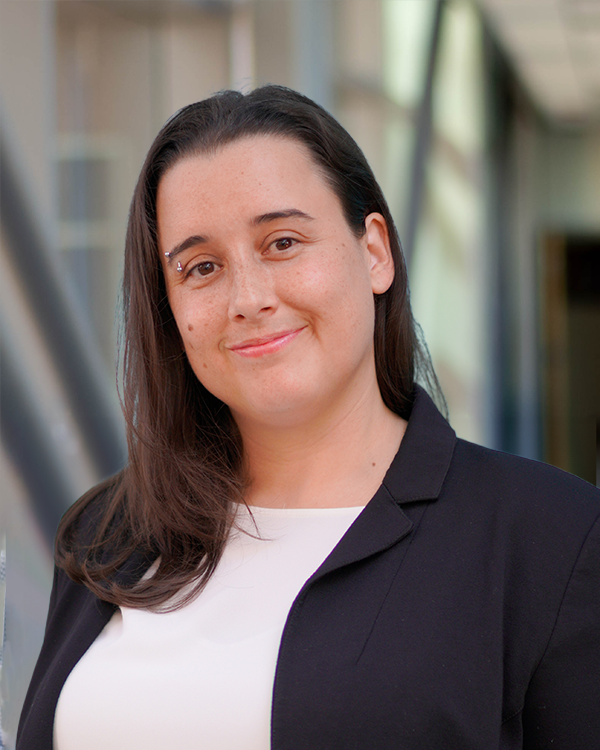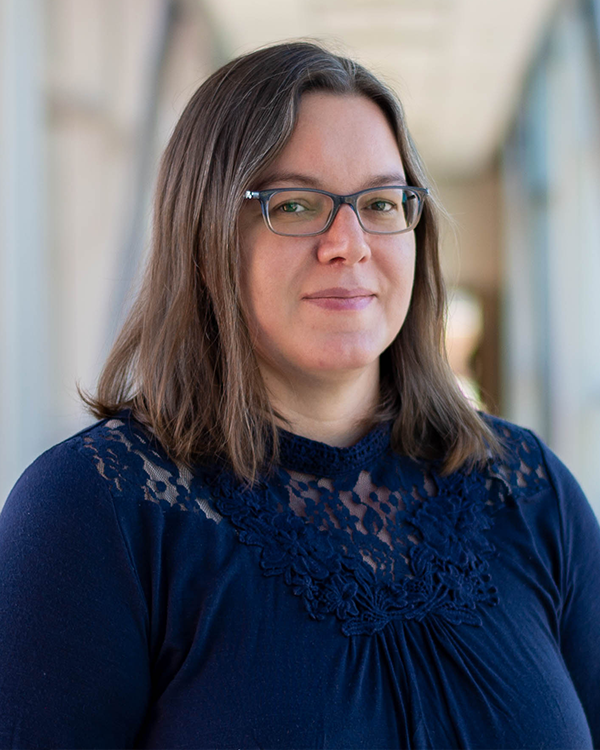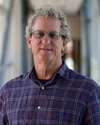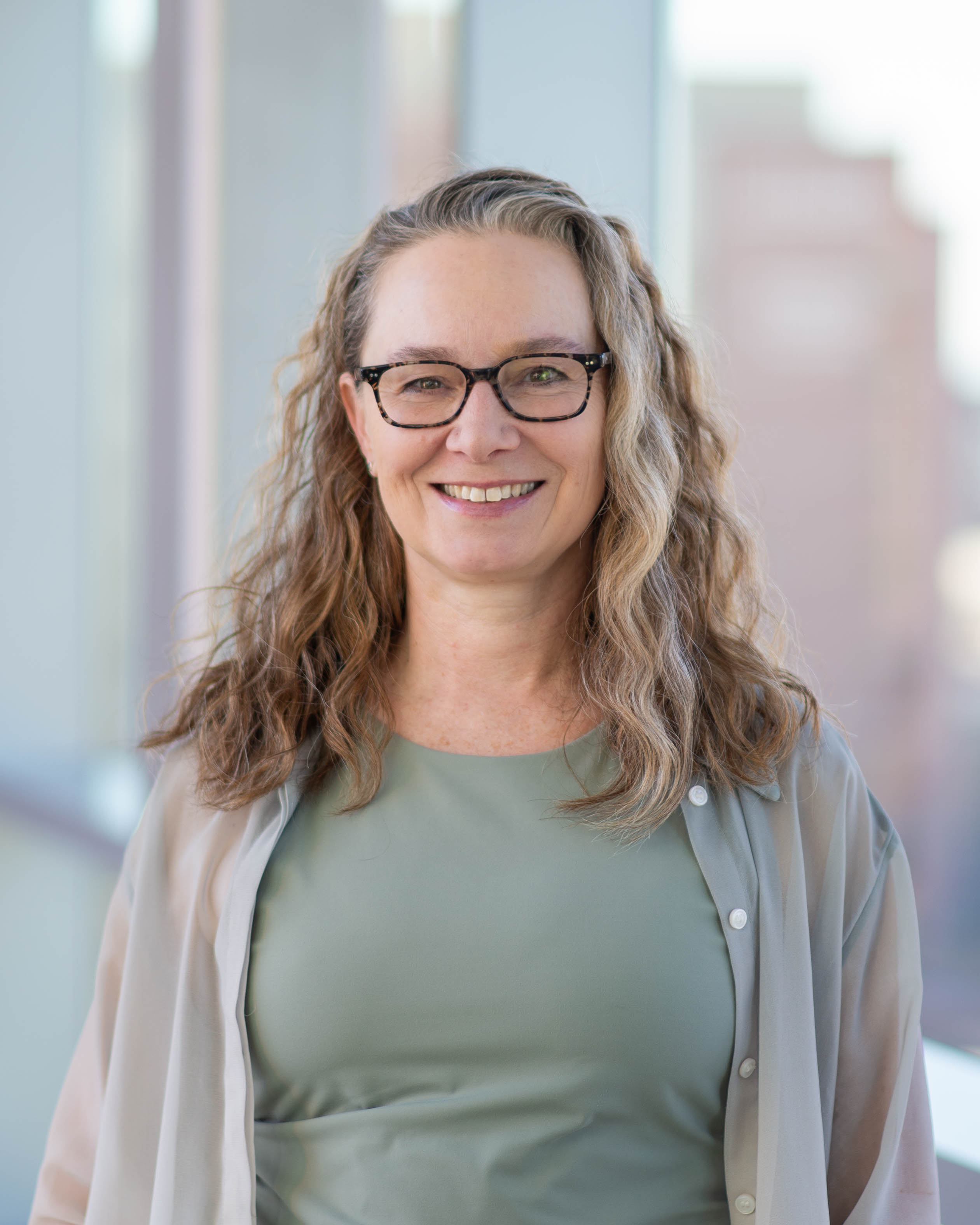Jason Aoto
Associate Professor
Ph.D., 2009, University of California, Berkeley
We are interested in dissecting the distinct functions of synaptic cell-adhesion molecules implicated in neuropsychiatric disorders and addiction in the context of disease-relevant brain circuits. Using cutting-edge multidisciplinary techniques, we are able to interrogate these molecules with cell-type and synapse-specific resolution.
K. Ulrich Bayer
Professor
Ph.D., 1996, Heinrich-Pette-Institute
Molecular mechanisms of bi-directional synaptic plasticity that underlie cognition. Strategies for restoring normal synaptic plasticity in neurological disorders.
Alessandra Brambati
Assistant Professor
Ph.D., 2015, University of Pavia
We study the molecular mechanisms that regulate DNA repair and genome instability, focusing on non-canonical DNA double-strand break (DSB) repair pathways.
M. Cecilia Caino
Associate Professor
Ph.D., 2010, Universidad de Buenos Aires
Our group aims to understand how mitochondria reprogramming in tumors impact cellular behaviors that drive progressive and lethal cancer. We use a broad repertoire of biochemistry, cell biology, live cell imaging and animal models to study the impact of mitochondria shape, number and subcellular distribution in metastatic dissemination.
Mair E.A. Churchill
Professor
Ph.D., 1987, Johns Hopkins University
Structure and mechanism in gene regulation; biophysical and structural studies of protein-nucleic acid and protein-protein complexes in chromatin.
James C. Costello
Associate Professor
Ph.D., 2009, Indiana University
Systems biology approaches to disentangle signaling pathways in cancer development; Computational modeling of how therapeutic compounds function across different genomic backgrounds; Mechanisms of chemoresistance and cancer development.
Scott D. Cramer
Professor
Ph.D., 1992, University of California, Santa Cruz
The molecular dissection of signaling pathways in prostatic cells, the identification of prostate progenitor or stem cells, and understanding epithelial-stromal interactions in normal and abnormal ductal morphogenesis.
Mark L. Dell'Acqua
Professor and Vice Chairman
Ph.D., 1995, Harvard University
Organization of signaling complexes by protein kinase and phosphatase anchoring proteins; mechanisms regulating neuronal second messenger signaling in synaptic plasticity.
Patricia Ernst
Professor
Ph.D., 1996, University of California, Los Angeles
Hematopoietic Stem Cell Development and Maintenance: The Role of the "Mixed Lineage Leukemia" Gene in Normal Blood Cell Development, Differentiation and Leukemia.
Joaquin Espinosa
Professor
Ph.D. 1999, Universidad de Buenos Aires
Mechanisms of gene expression control and cancer biology' for 'Mechanisms of gene expression control, cancer biology, Down syndrome.
Chris P. Ford
Professor
Ph.D., 2003, University of Alberta
We study synaptic mechanisms by which neuromodulators like dopamine and acetylcholine are encoded in mesolimbic and nigrostriatal circuits through GPCRs. We study the basic biology of these circuits and the alterations that occur in neurological and psychiatric diseases.
Heide L. Ford
Professor and Chair
Ph.D., 1995, University of Rochester
Molecular mechanisms of metastatic dissemination in breast cancers and various pediatric tumors; parallels between normal development and tumor progression with a focus on developmental transcription factors and signaling pathways; epithelial to mesenchymal transition; development of novel inhibitors targeting metastatic dissemination and/or outgrowth
David N.M. Jones
Associate Professor
Ph.D., 1989, University of Cambridge
Molecular mechanism of alcohols and anesthetic actions; structure and function of biomolecules; NMR spectroscopy, x-ray crystallography, biophysics and molecular biology.
Matthew J. Kennedy
Associate Professor
Ph.D., 2003, University of Washington
Molecular mechanisms of activity-triggered synaptic remodeling.
Tatiana G. Kutateladze
Professor
Ph.D., 1988, Moscow State University
Epigenetics, phosphoinositide signaling, structural biology, NMR and crystal structures of proteins implicated in cancer, structure based drug design.
Bruce Mandt, PhD
Assistant Professor
Ph.D. in 2009, University of Colorado Anschutz
Biomedical PhD and postdoctoral scholar career exploration, preparation, and transitions. Evidenced-informed mentoring practices, productive mentoring relationships, and healthy research training environments.
Won Chan Oh
Associate Professor
Ph.D. 2013, University of California, Davis
We study molecular and cellular mechanisms of activity-dependent synaptic and circuit remodeling primarily through live-imaging approaches using two-photon microscopy and photostimulation in vivo and in brain slices, combined with electrophysiology and molecular genetic manipulations.
Justin O'Hare, PhD
Assistant Professor
Ph.D. 2017, Duke University
We study how individual neurons contribute to memory formation and storage. Using pyramidal neurons in mouse hippocampal area CA1 as a model system, we leverage molecular and systems neuroscience approaches to understand (1) how a neuron’s dendrites integrate synaptic inputs from multiple brain circuits and (2) how this information is lastingly stored to form new place fields.
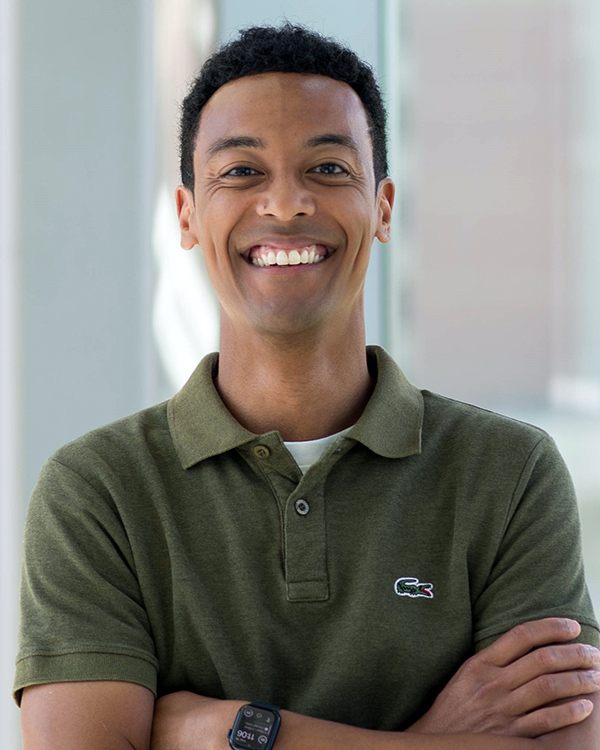
Michael Oliphant
Assistant Professor
Ph.D., 2019, University of Colorado Anschutz
Debosmita Sardar
Assistant Professor
Ph.D. 2022, University of Utah
At the Glial Epigenetics Lab, we are interested in the big broad question of how we perceive and respond to the world around us through our senses. Towards this, we are specifically interested in the sensory experience of smell. In our lab, we use mouse models to approach the smell system at a cellular scale of studying non-neuronal glial cells, and at a molecular scale of epigenetics.
Katharine R. Smith
Associate Professor
Ph.D., 2010, University College London
Molecular mechanisms of excitatory and inhibitory synaptic plasticity.
Chandra L. Tucker
Professor
Ph.D., 1999, University of Washington
Study and manipulation of protein homeostasis and signaling pathways in live cells, optogenetic tools for controlling protein interactions, synthetic biology, cytosolic protein misfolding, yeast genetics/genomics
